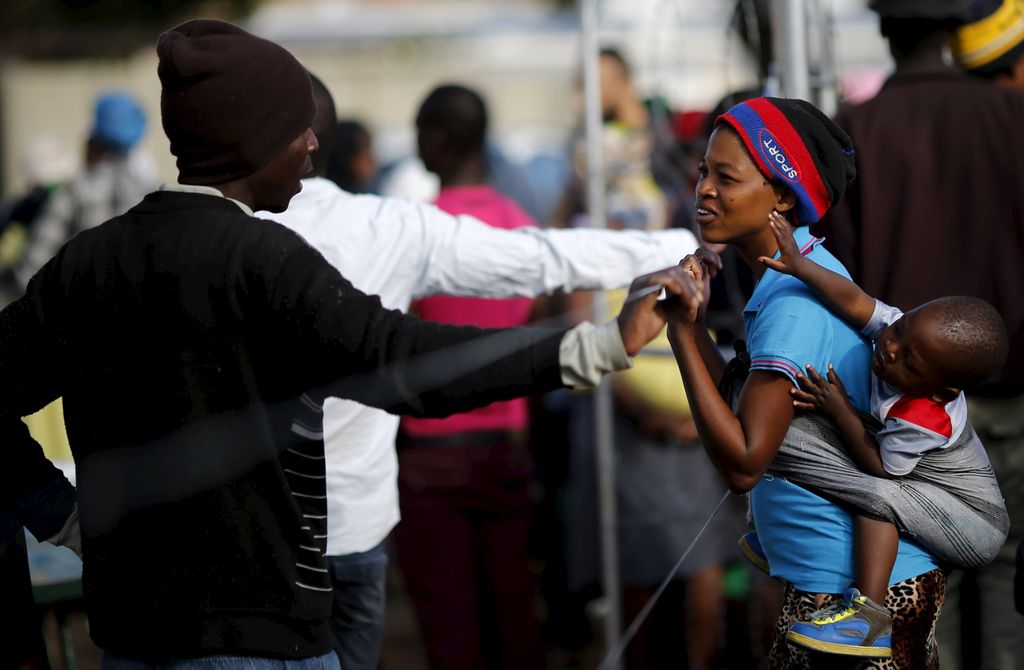Xenophobia In Nations
May 25, 2019 • 4 views
Xenophobia
Recently, we’ve had ugly racist attacks on people ‘not like us’. We’ve always had caste-based prejudice and communal clashes example all Hindu-Muslim riots. These we are definitely inured to, and tend to treat as normal. Living and working all over the globe. There is widespread anger, understandably, when Indians face hate-crimes in the US and Australia. There’s generally a nationwide rage, reflected in newspaper and TV headlines.
How then, can we do this to other visitors to our turf?

What’s even more annoying is that our government, every government, continues to pretend that racism and xenophobia don’t exist in India at all. It’s not even treated as a seriously criminal act. And thus very little action is taken against the perpetrators. They get off scot-free, which emboldens people to keep bullying and beating people up. This phenomenon is also totally against Indian culture, where the guest is supposed to be revered and treated like a visiting god. ‘Atithi Devo Bhava’(‘The guest is divine’) is a phrase every Indian villager knows. So these vicious attacks are on one level incomprehensible. African students in Delhi have messaged each other saying ‘Don’t leave your rooms, it’s not safe.’
What a shameful act for us as a country was that!
The World Values Survey conducted by Swedish economists, reported by the Washington Post, India along with Jordan was the least racially tolerant country. The question that was asked how welcomed will a person of a different race will be in the neighborhood. A staggering 43.5% of Indian said they would not appreciate a member of a different race living amongst them. Obviously, such data cannot be held to be representative of all us Indian or every Indian household for that matter, but deep down we know that such a number would not be an incorrect one, especially, when cases such as Muslims not being offered houses on rent in a Hindu locality are not infrequent.
The narrative is disturbingly familiar.
·In 2013, a Nigerian was killed in Goa, allegedly in a drug war.
·In 2014, Ugandan women had their houses in South Delhi’s Khirki Extension raided for allegedly running a prostitution racket.
·In 2016, a Tanzanian girl was stripped and beaten in Benguluru, and later that year, three Nigerians were racially abused and attacked in Hyderabad.

Xenophobic attacks in South Africa.
Measures to curb Xenophobia and Rascism in India
Invoking India’s past heritage and historical connections with Africa as a response to violence against the immigrant community, effectively showcases the long history of co-existence between the two communities, but offers only a partial solution to the problem. The need of the hour is to acknowledge the xenophobic behavior of a small segment of Indians and punish the law breakers. However, not all Indians are intolerant of differences. Likewise, African immigrants who indulge in crime need to be dealt with strictly as per the laws of the land but all Africans cannot be typecast as ‘criminals’.
Tenuous relations between host communities and African migrants could potentially be improved through greater intercultural understanding between the two groups. Here, the arts and the state media have an important role to play. School curricula and television programmes that present the museum exhibits depicting long- standing historical relations between Indians and Africans, educative films documenting India-Africa connections, academic exchanges, could go a long way towards generating better public in both countries. A person to people relations – something that has been talked about time and again at India-Africa bilateral needs to be acted upon with a great sense of urgency.
